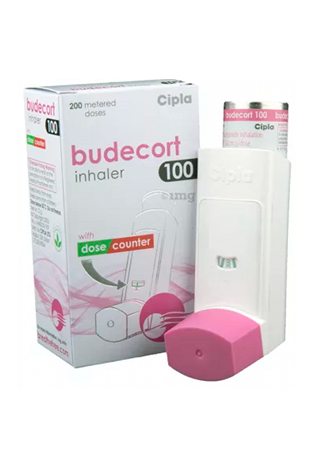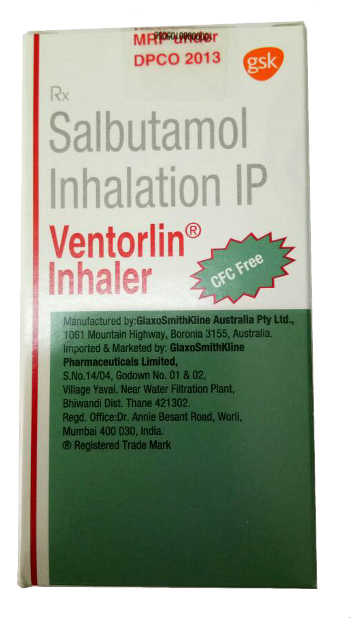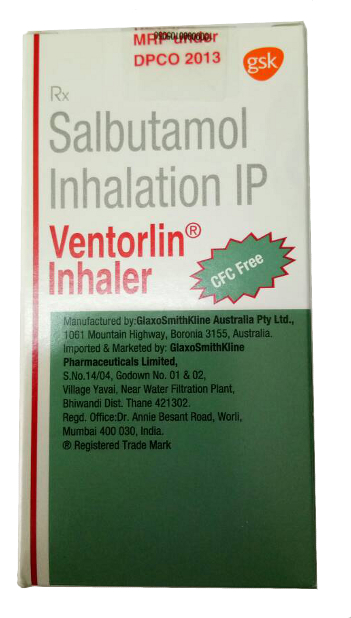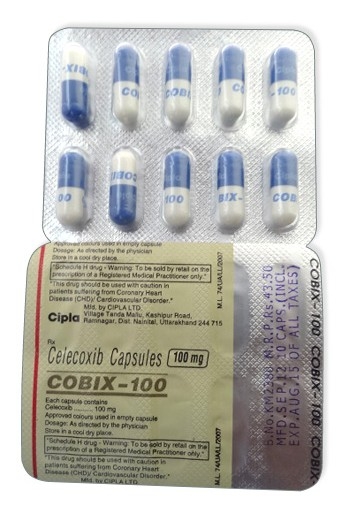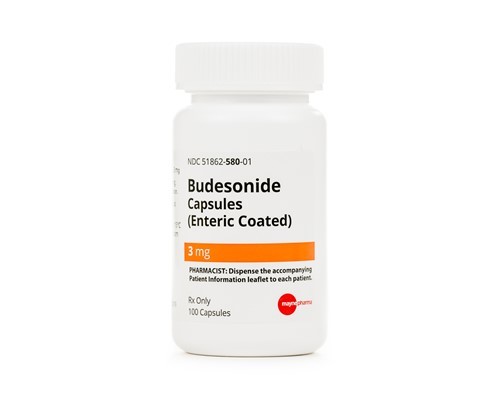
Budesonide Caps
- You can purchase Budesonide Caps from our pharmacy without a prescription, with delivery across Australia in 5–14 days. Discreet packaging guaranteed.
- Budesonide Caps treats inflammatory bowel conditions like Crohn’s disease and ulcerative colitis. It works by reducing intestinal inflammation locally through glucocorticoid receptor binding.
- The usual dosage is 9 mg taken once daily in the morning, though your specific requirement might vary.
- It’s administered orally as an enteric-coated capsule designed for delayed release in the intestines.
- Symptom improvement typically begins within 1–2 weeks of consistent use.
- The therapeutic effect lasts approximately 24 hours per dose.
- Avoid alcohol consumption as it can worsen gastrointestinal irritation.
- The most common side effects include headache and nausea.
- Ready to try Budesonide Caps without needing a prescription?
Basic Budesonide Caps Information
| INN | Budesonide |
| Australian Brands | Entocort |
| ATC Code | A07EA06 |
| Formulation | 3mg enteric-coated capsules |
| Manufacturer | Aspen Pharma (Australia) |
| TGA Status | Registered |
| Classification | Schedule 4 Prescription Medicine (Rx only) |
| PBS Coverage | Available for Crohn's disease management |
Budesonide capsules are prescription corticosteroid medications designed to target inflammation specifically within the gastrointestinal tract. These enteric-coated capsules contain 3mg of budesonide and are available in Australia under the brand name Entocort, produced by Aspen Pharma. The Therapeutic Goods Administration classifies them as Schedule 4 medicines requiring a doctor's prescription.
Pharmacology Mechanism of Action
The therapeutic effect comes from budesonide's local anti-inflammatory action within intestinal tissues. When swallowed whole, the enteric coating protects the medication from stomach acid, delivering budesonide directly to affected areas where it binds to glucocorticoid receptors. Approximately 90% undergoes first-pass metabolism in the liver before entering systemic circulation.
- Onset duration: Therapeutic effects typically begin between 2-8 hours after ingestion
- Half-life: Approximately 2-3 hours
- Metabolism: Primarily processed through CYP3A4 pathway
Important medication interactions include avoidance with CYP3A4 inhibitors like ketoconazole and caution with NSAIDs due to potential gastrointestinal bleeding risks. Pharmacokinetics dictate administration on an empty stomach which optimizes medication absorption.
TGA Approved Indications and Populations
Therapeutic Goods Administration approvals include maintaining remission in Crohn's disease affecting the ileum and colon, microscopic colitis treatment including collagenous colitis. Special authorization pathways cover paediatric patients over 12 years.
| Population Group | Usage Guidance | Special Considerations |
|---|---|---|
| Pregnancy (Category B3) | When potential benefit outweighs risk | Australian prescribing data recommends cautious assessment |
| Elderly patients | Standard dosing generally appropriate | Hepatic impairment requires monitoring |
| Renally impaired | No significant dose adjustments needed | Therapeutic drug monitoring unnecessary |
Prescribing considerations include emerging Australian applications for eosinophilic oesophagitis management pending official indication expansion. Existing approvals reflect high intestinal selectivity minimizing steroid-related complications.
Standard Budesonide Dosage Protocols
Treatment protocols vary significantly by condition requiring adherence to evidence-based dosing schedules:
| Clinical Condition | Daily Dose | Duration Period |
|---|---|---|
| Crohn's Disease Maintenance | 9mg morning dose | Maximum 4 months |
| Microscopic Colitis | 9mg daily | Minimum 8 months |
| Eosinophilic Oesophagitis (Off-label) | 3-6mg twice daily | Specialist-supervised regimen |
Administration requires swallowing capsules whole before breakfast. The enteric coating will degrade if capsules are crushed compromising intestinal-targeted delivery. Morning timing aligns with natural cortisol rhythms potentially reducing adrenal suppression risks compared to evening dosing approaches.
Budesonide Capsules Dosage Adjustments and Handling
When taking budesonide capsules, specific adjustments help maintain safety while managing digestive conditions. For liver impairment, dosage typically reduces by 30% since impaired function slows medication processing. Pediatric patients over 30kg weight can take maximum 9mg daily, with careful weight monitoring during treatment. If you miss a scheduled dose, skip it completely if more than eight hours have passed - doubling up isn't safe and increases side effect risks.
Correct storage preserves medication effectiveness. Keep capsules below 25°C in original blister packs, avoiding humid areas like bathrooms. When travelling within Australia, carry blister packs with the original prescription label to comply with medication regulations and simplify security checks.
Budesonide Capsules Contraindications and Common Side Effects
This medication carries important restrictions. Absolute contraindications include hypersensitivity reactions and active inflammatory bowel infections like tuberculosis or sepsis. Relative contraindications require careful evaluation before use, particularly severe osteoporosis, uncontrolled diabetes, or psychotic disorders due to potential symptom worsening.
Common reactions affect at least 10% of users:
- Persistent headaches
- Increased flatulence
- Nausea without vomiting
- Steroid-induced acne
Long-term use requires annual DEXA scans to monitor bone density since corticosteroids accelerate bone mineral loss. Report any mood changes or vision abnormalities immediately.
Budesonide Capsules Serious Risks and Precautions
Though rare, serious complications require vigilance. Adrenal suppression appears most frequently in pediatric patients, potentially causing fatigue, low blood pressure, and electrolyte imbalances. Vision disturbances signal possible glaucoma development, while prolonged therapy may inhibit the HPA axis responsible for natural stress response.
Therapeutic Goods Administration issues specific warnings about long-term ocular risks:
- Progressive cataract formation
- Elevated intraocular pressure
For pregnancy, minimal placental transfer occurs but requires benefit-risk evaluation. Budesonide excretes in breast milk, so discuss feeding options with your gastroenterologist and paediatrician.
Budesonide Capsules Patient Feedback and Daily Experiences
Users report varied experiences with this treatment. Around 70% achieve inflammatory bowel disease symptom remission within weeks of starting therapy, citing reduced bowel urgency and abdominal pain. However, extended use over six months often triggers cosmetic concerns like facial rounding ("moon face") and stubborn weight gain despite dietary efforts.
Adherence challenges include medication costs averaging $110 monthly without Pharmaceutical Benefits Scheme subsidies. Many suggest timing doses with routine activities like toothbrushing to prevent forgetfulness. While gastro medicines cause fatigue for some, most agree benefits outweigh downsides when symptoms substantially improve.
Comparing Budesonide Caps with Other IBD Medications
Budesonide capsules offer a targeted approach for inflammatory bowel conditions, but it's important to understand how they stack up against common alternatives. Below is a comparison of Budesonide Caps with Prednisone and Mesalamine:
| Drug | Price (AUD) | Effectiveness | Key Limitation |
|---|---|---|---|
| Budesonide | $110/month | IBD microscopic colitis | Limited systemic efficacy |
| Prednisone | $25/month | Acute flares management | Severe systemic side effects |
| Mesalamine | $130/month | Ulcerative Colitis upkeep | No Crohn’s disease indication |
Budesonide capsules provide localised anti-inflammatory action directly in the gut, minimising exposure to the rest of the body. This reduces risks like weight gain and bone density loss associated with systemic steroids such as Prednisone. The distinct mechanism allows Budesonide Caps to target microscopic colitis effectively without compromising long-term safety. Mesalamine serves as maintenance therapy primarily for ulcerative colitis but lacks approval for Crohn’s use.
Medical professionals often prefer Budesonide Caps over Prednisone due to better side effect profiles and fewer withdrawal complications. Their corticosteroid properties make them suitable for mild-to-moderate IBD flare-ups where conventional steroids pose undue risks for Australian patients. Despite premium pricing, targeted therapy reduces hospital visits and hidden healthcare costs.
Availability of Budesonide Caps in Australia
Budesonide capsules are accessible across Australian pharmacies nationwide. Major retailers like Chemist Warehouse and Priceline Pharmacy typically hold stock, allowing immediate dispensing with a valid prescription. Locations without shelf availability can arrange overnight delivery through supplier networks.
Patients benefit from Pharmaceutical Benefits Scheme subsidies reducing costs substantially for eligible individuals. Concession card holders pay $42.50 monthly while general patients face $115-$130 out-of-pocket expenses depending on pharmacy pricing policies. Generic alternatives entered the market post-patent expiry lowering branded medicine prices by approximately 20% when available.
The Australian supply chain remains robust with consistent availability despite global disruptions. Each pack contains 100 blister-packed capsules ensuring continuous treatment adherence without frequent pharmacy visits. Doctors confirm uninterrupted access eliminates therapeutic gaps critical for inflammatory bowel disease management in regional communities.
Budesonide Caps in Current Research (2023-2025)
Several clinical trials are exploring Budesonide capsules’ untapped potential beyond current indications. A landmark study detailed in GUT Journal (2024) demonstrated Budesonide Caps combined with Faecal Microbiota Transplantation achieved 67% remission rates among steroid-resistant Crohn’s disease patients. The synergistic protocol presents breakthrough potential for complex IBD presentations unresponsive to traditional therapies.
European Medicines Agency assessment programs feature phase III trials evaluating Budesonide Caps’ efficacy as ulcerative colitis maintenance treatment. Approval expansions anticipated by 2025 could broaden access pathways for Australian patients navigating limited options.
Patent expirations forecast multiple generic entrants beyond 2024 with significant anticipated price reductions. Post-patent competition typically lowers costs up to 30% enhancing affordability. Researchers concurrently assess paediatric formulations and extended-release versions addressing unmet needs aligning with evolving therapeutic guidelines globally.

